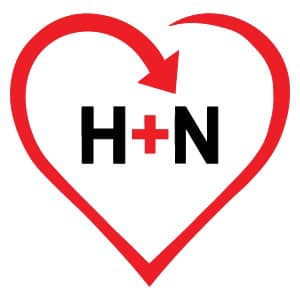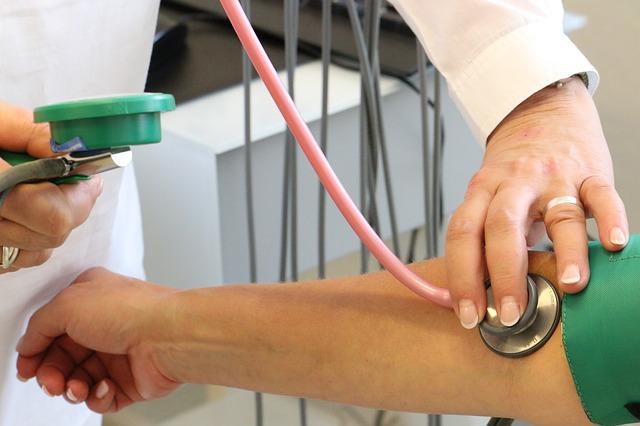Perhaps you’ve noticed in our previous articles how much emphasis we place on the fact that high blood pressure is the silent killer, but we believe that this necessary due to the fact that about 30% of American adults –almost 75 million people- are suffering from one form of hypertension. The worst part about this worrying statistic is the fact that a lot of these people are not even aware of that they are living with elevated blood pressure levels.
The CDC estimates that about 50% of these people do not have their high blood pressure under control. As we all know already, living with uncontrolled and untreated high blood pressure is a major risk factor that can lead to developing dangerous, deadly conditions like a heart attack, a stroke or a blood clot. In fact, strokes and heart attacks are two of the leading causes of death for American adults.
Identify High Blood Pressure
High blood pressure is treatable as long as we know what to look for. This has led many doctors and healthcare professionals to name hypertension “the silent killer” as it often has no symptoms or warning signs and many people go on with their lives ignoring or simply not acknowledging the fact that they are suffering from a dangerous condition that can potentially be fatal.
Another thing to consider when it comes to evaluating and assessing the risks of living with hypertension is the fact that sometimes it can be very difficult to know exactly when this killer is stalking you as hypertension typically does not have any characteristic signs or symptoms that can be easily identified. The only way to really know for certain if you have high blood pressure is to get your readings either at a doctor’s office or to do your own readings at home. Unfortunately, most people do not have a home monitor or sphygmomanometer unless they are already aware of the fact that they have hypertension.
But let’s stop for a second here and clarify what high blood pressure is exactly. As you may or you may not know, your heart is in charge of recovering blood from your veins, sending it to the alveoli to pump the blood full of oxygen and sending it back through your arteries to the rest of your body. The amount of forced used by the heart during this process is your blood pressure and there are two different readings that are measured during a blood pressure exam. The systolic blood pressure is the pressure exerted by your heart when fully contracted and the diastolic blood pressure is the amount of force your heart creates when pumping out blood between heart contractions. When this rate is higher than 120/80 mmHg, this is considered as high blood pressure.
So, to put it in broader terms, when you are suffering from hypertension, it basically means that your heart has to work at an elevated rate in order to keep up with your body’s demands. It also means that your blood is being pumped out of your heart with more force than necessary. As you can imagine, this can cause some unpleasant effects and conditions ranging from “concerning” to “deadly”.
Control High Blood Pressure
One of the best ways to stay on top of your blood pressure levels is to purchase a home monitor. Home monitors are easy to use tools that help patients keep an accurate log of their blood pressure levels. If you notice that your levels are consistently high, it might be a good idea to consider the benefits of a natural blood pressure supplement like PD120 which was created with to help maintain healthy blood pressure levels without exposing them to the harsh side effects of prescription drugs.
Finally, it is also important to consider all of the issues that could arise from living with high blood pressure. While the main concern should be our heart and the circulatory system, the kidneys, the liver, our eyes, our brain and even our relationships could be significantly affected as a result of living with hypertension. This is why we encourage you to keep a close eye on your blood pressure levels in order to make sure that this preventable condition does not lead to other problems that could potentially be deadly if left untreated, and even though blood pressure levels do tend to fluctuate naturally, the general rule of thumb is that numbers around 120/80 should be the norm for most people.




Leave a comment
This site is protected by hCaptcha and the hCaptcha Privacy Policy and Terms of Service apply.